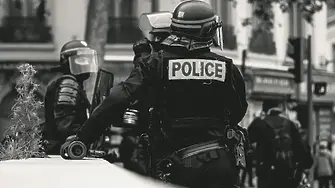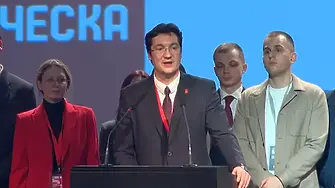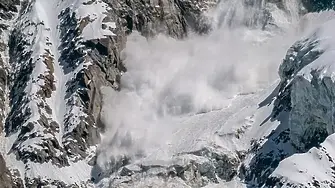"Televisions are alike." And therein lies the problem
Those in power - politicians, big advertisers, oligarchs - have a direct telephone link to the media and can influence editorial content
"Audience research shows that the TV stations are similar, but I think that's good to some extent," Anton Hekimian, the now former head of bTV news and GERB-SDF candidate for mayor of Sofia, told BNT in his first interview in his new role.
The words of the journalist, who stepped into the shoes of a politician, came in an attempt to defend bTV's shaken reputation as a politically independent source of information. He said the similar programmes of the three major broadcasters meant that they showed reality and did not try to make suggestions with their interviews or reports.
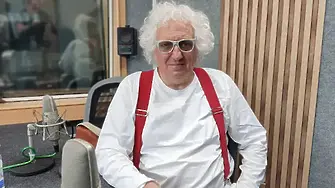
"Something cannot be missing on bTV just as something cannot be missing on BNT," Hekimian said to approving nods from the presenters, who also felt the need to defend the honour of the profession.
Instead of expressing agreement, the presenters of the morning block of public television could have listed the long list of uncomfortable topics that for years were de facto absent from the airwaves of the "big ones", starting with the "Eight Dwarfs", going through Barcelona and Zumgate and ending with corruption and violence at the borders (the list is not exhaustive). But how can they square these issues, given that it would mean self-admission that their employer is not an independent and impartial watchdog of the public interest either? The same is true for the other influential private TV station, NOVA, which, under Kiril Domuschiev, had become more like a cheap Peevski's office. And even though it is much better today, the empty chairs of critical voices like Anna Tsolova, Genka Shikerova and Mirolyuba Benatova continue to make an impression on its airwaves.
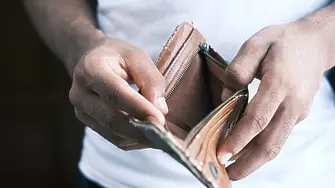
No matter how much he defends (and rightly so) the professionalism of his colleagues who are now directly affected by his decision to enter politics, Anton Hekimian will not answer these questions. Nor will the storm that has erupted around his nomination illuminate the heavy dependencies in the Bulgarian media, which have long been tied to those in power in numerous ways. And in this they are painfully similar.
First of all, the media are directly dependent on state and EU funding for communications and advertising, which, especially at the local level, turns them not into a fourth estate but into merchants of media comfort. Secondly, even a superficial analysis of the content of most mainstream media in the country, as well as a comparison with the programmes of similar editorial offices outside the country, shows the blatant lack of serious investigative programmes. And we're not talking here about the petty schemes of some village mayor who had to be shot by an opponent, but about illuminating the deep connections between state officials and organized crime. And third, numerous studies show that the culture of pressure has permanently settled in Bulgarian newsrooms. What does this mean? In the simplest of terms: those in power, whether we are talking about politicians, big advertisers, or oligarchs, have a direct telephone link to media executives and can influence editorial content. The lack of serious corruption revelations is direct evidence of this.
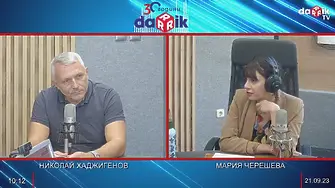
Last but not least, journalism has long served as a springboard for political talents, among whom we cannot help but recall the names of Volen Siderov, Asen Agov, Elena Yoncheva, who even played the role of a deputy and investigative journalist, Toma Bikov, Alexander Simov, citizen journalist Ivo Bozhkov, and others. This is far from being a Bulgarian phenomenon and is not a problem in itself, as long as, of course, the head of news (the most key post) of a leading TV station does not leave today for tomorrow. And that to join the ranks of a leader who until recently derisively referred to his media outlet as "Bozhkov TV" in an open quarrel with his main political-criminal enemy. Admittedly, such a scenario leaves a bad taste in the mouth.
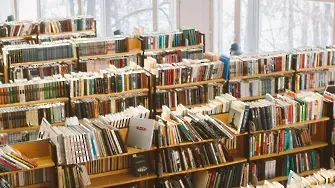
The mayoral candidate for GERB obviously does not see things that way, describing his leap into politics as an unconventional decision, which is, however, the fruit of his inner conviction.
Слушайте и гледайте новия подкаст на darik.bg „В тренда“ в YouTube, Instagram и TikTok
Най-интересните разговори от ефира на Дарик слушайте в подкаста на радиото в Soundcloud, Spotify, Apple Podcasts и Google Podcasts

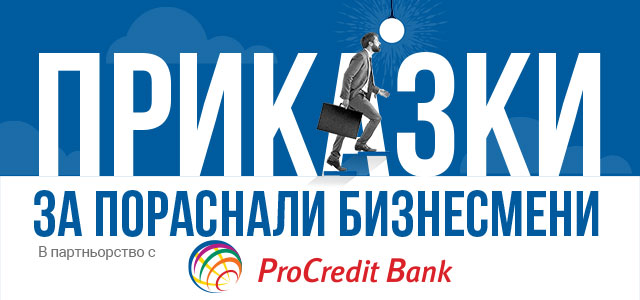

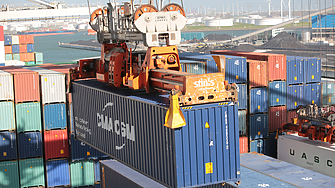

.jpg)
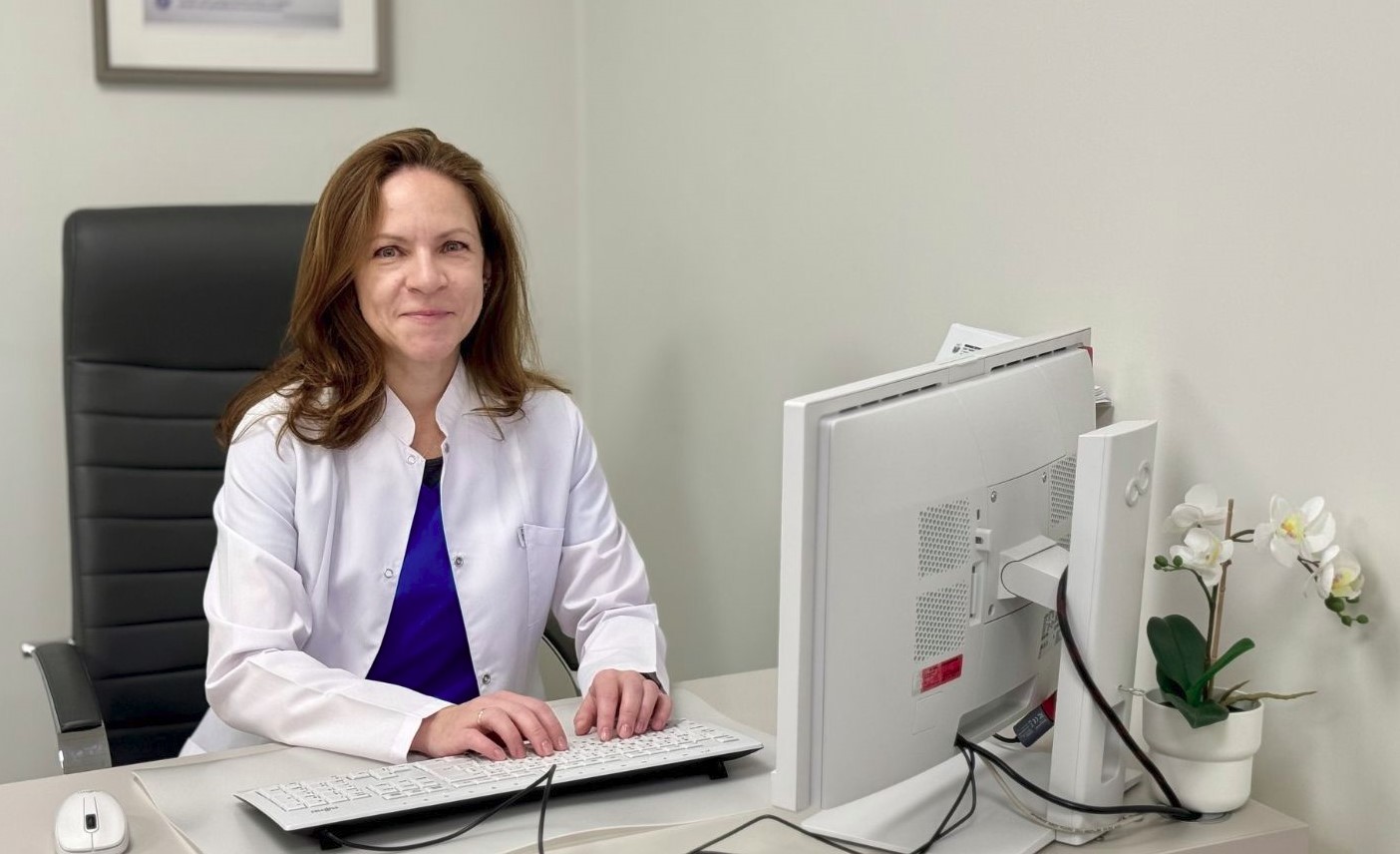
.jpg)
